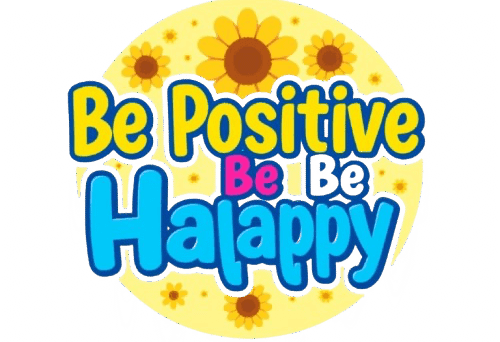“A child is someone today, but we worry about what he will become tomorrow,” said Stacia Tauscher. As parents, we often ponder about the people our children will become. However, we must remember that they are distinct individuals with their own thoughts, ideas, and feelings. The freedom to express oneself is one of the most important gifts we can give our children.
This article discusses why allowing your child this independence is important for their growth and how to promote it effectively. Freedom of speech is the freedom to express ideas, beliefs, and feelings without fear of repercussions, as long as they do not damage others.
For youngsters, freedom goes beyond speech. It includes the right to explore their thinking via painting, literature, and other forms of creative or intellectual expression. Children, like adults, deserve the opportunity to express themselves via words, drawings, and movements.
Children enjoy the same fundamental rights as adults, including freedom of opinion, movement, religion, and privacy. These rights allow kids to express their concerns and participate in choices that influence their life, including opinions that may differ from those of their parents.
Encouraging this independence helps youngsters build confidence, autonomy, and self-esteem. Allowing children to express themselves is important for their cognitive and emotional growth. Stuart Mill, a philosopher, once stated that freedom of expression is crucial for society since it allows individuals to communicate their views, resulting in growth and creativity.
This concept applies equally to youngsters, who require the opportunity to contribute their voices to the world around them. Children benefit from being able to express themselves freely. Self-expression allows them to explore their emotions, clarify their views, and develop problem-solving abilities.
When youngsters are encouraged to speak up, they learn to advocate for their own and other people’s rights. International laws safeguard children’s freedom of speech, notably Article 13 of the Child Rights International Network (CRIN). This article highlights that all children have the freedom to express themselves through media, art, voice, and writing, among other forms of communication. Its primary goal is to support the child’s capacity to seek and exchange knowledge, while its exercise may be restricted to ensure public safety or to safeguard the rights of others.
